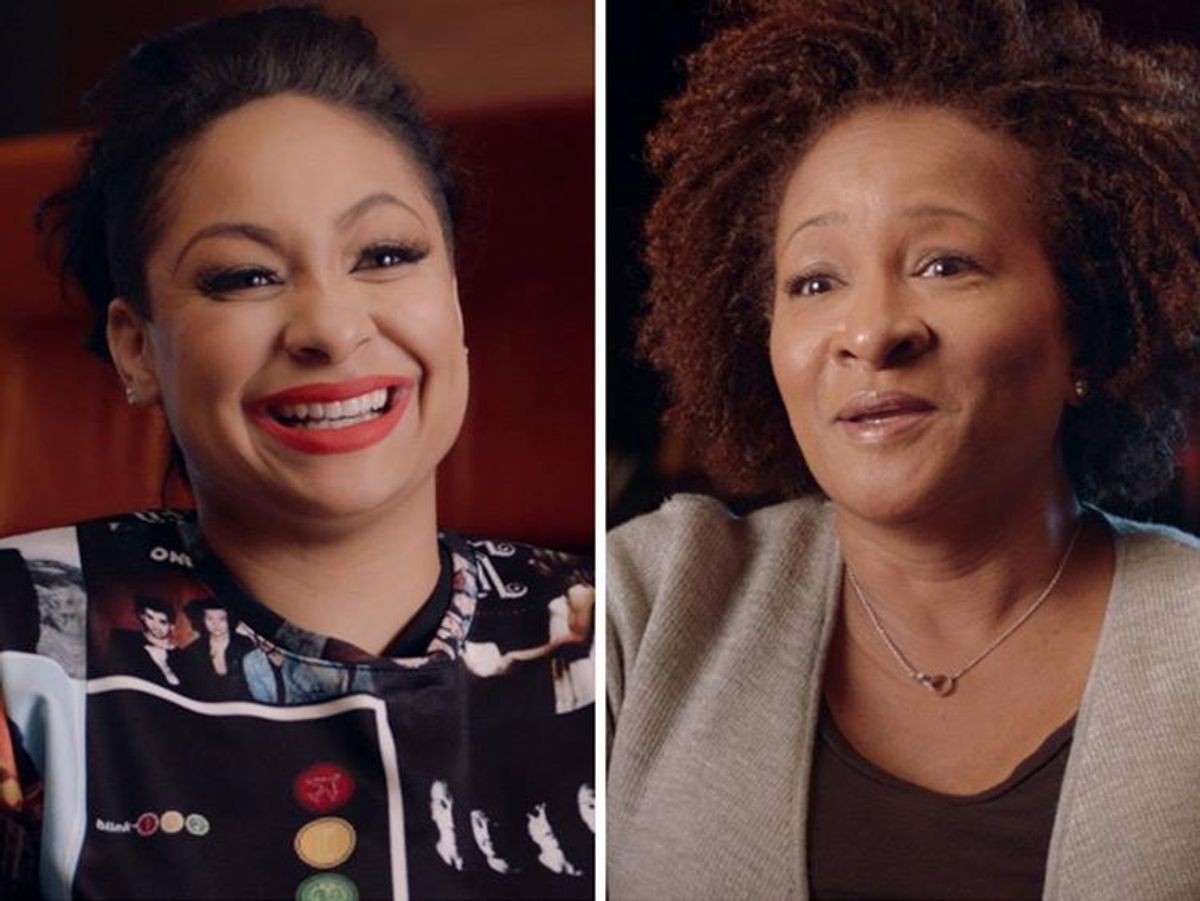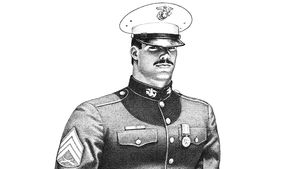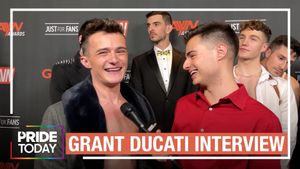Being different is what makes us stronger, even if it comes with what feels like a lifetime of hardships.
"I think Candis said it best when she said: 'These moments can strengthen your character. How can you possibly not be right if this is who you are?'" remembers actor Dan Bucatinsky, one of the creators of the It Got Better video series -- a step forward on the It Gets Better viral series that preceded it.
"I think the notion of 'difference' is about learning self-acceptance first and foremost," he tells The Advocate. "All of us are different. And if we accept ourselves -- others will learn, in time, to accept us and others as well."
Bucatinsky and actress Lisa Kudrow are producers of the series, which profiles actress Candis Cayne, talk show host Raven-Symone, actor Ian McKellen, comedian Wanda Sykes, singer Adam Lambert, and reality TV star EJ Johnson. Each discusses growing up in some way while facing a sometimes unwelcoming world.
One moment of difference cut across their stories. Both Raven-Symone and Sykes remember back to 1997 and where they were in their careers when Ellen DeGeneres came out. It's like a signpost along the journeys for many queer entertainers of that time, especially because DeGeneres would lose her show.
Raven-Symone watched the negative backlash and felt like it made sense to remain closeted, that she couldn't be an actress and be out.
"When that happened there were no good conversations coming out of it," she says in the series. "It was always negative. So if you don't see other people going through it in a positive way, why would you say anything? There was nothing that would have made me want to deal with my own issue at that time. Nothing. Even if got sick, I probably would have been like, I'm taking this to my grave. But that eats at your soul. That eats at your soul, period."
For Sykes, DeGeneres's coming-out also made her step back into her shell, at first.
"After I saw what Ellen went though, yeah, I think that made everyone like go, oh, put an extra lock on this door," says Sykes, remembering conversations with people outraged that DeGeneres would be on the cover of a magazine for being gay.
"She went through that and look at her now, you know," says Sykes. "And what she did definitely helped me to come out. Not just coming out, but just coming to grips with it myself that oh, wow, I'm a lesbian. That was incredibly hard."
Bucatinsky, who won an Emmy in 2013 for his role as James Novak on Scandal, also remembers that moment, saying DeGeneres was "criticized mercilessly," but that her example made a difference in his life.
"It was 1997 and many thought she should have kept her personal life to herself," he recalls. "It's brave to come out. But it's even braver to come out in the face of scrutiny and disapproval. I think for many in the entertainment business, the threat of losing work over coming out was only heightened after Ellen's show was canceled. But for me? I got even more inspiration from Ellen for being willing to push that boulder up a hill in the face of so much negativity. A true pioneer and hero."
For the creator of It Gets Better, Dan Savage, who partnered with Bucatinsky and Kudrow on the new series with Lexus, the Ellen moment has an entirely different context.
"It's funny how different people's perspectives can be depending on where they are and who they're surrounded by," he says. "I lived in a gay neighborhood and was surrounded by LGBT friends, neighbors, and coworkers when Ellen came out, and I remember the reception being largely positive. The usual bigots spewed predictable bigotries -- Jerry Falwell called her 'Ellen Degenerate' -- but we just rolled our eyes and continued to ignore him."
Still, that's the point. Whether it was Raven-Symone or Sykes or Savage, they were all attuned to the reaction of the world around them. And being attuned to those reactions is one of the purposes of the It Gets Better and It Got Better series are doing, acknowledging real hardships while adding to the voices that are welcoming instead of discouraging.
DeGeneres pressed the boundaries of entertainment on television. It was the very next year after DeGeneres appeared on the cover of Time magazine saying, "Yep, I'm Gay," that Will & Grace first went on the air. That show has been credited by all manner of people -- including Vice President Joe Biden -- with changing hearts and minds.
And Savage is humble when asked whether his show The Real O'Neals, based on the story of his life, could offer hope to young people now in that same way.
"I certainly hope so," he says. "And by exploring the obviously loving relationship between Kenny and Eileen, his mom who doesn't completely accept his homosexuality, The Real O'Neals is hopefully letting gay kids know that coming out is a process and that your parents may not be where you want them to be right away but you can love them along the way. Kenny sticks up for himself, he makes demands, but he loves his mom the way he hopes his mom can love him someday -- unconditionally."
Watch the video interviews from It Got Better below:


















































































